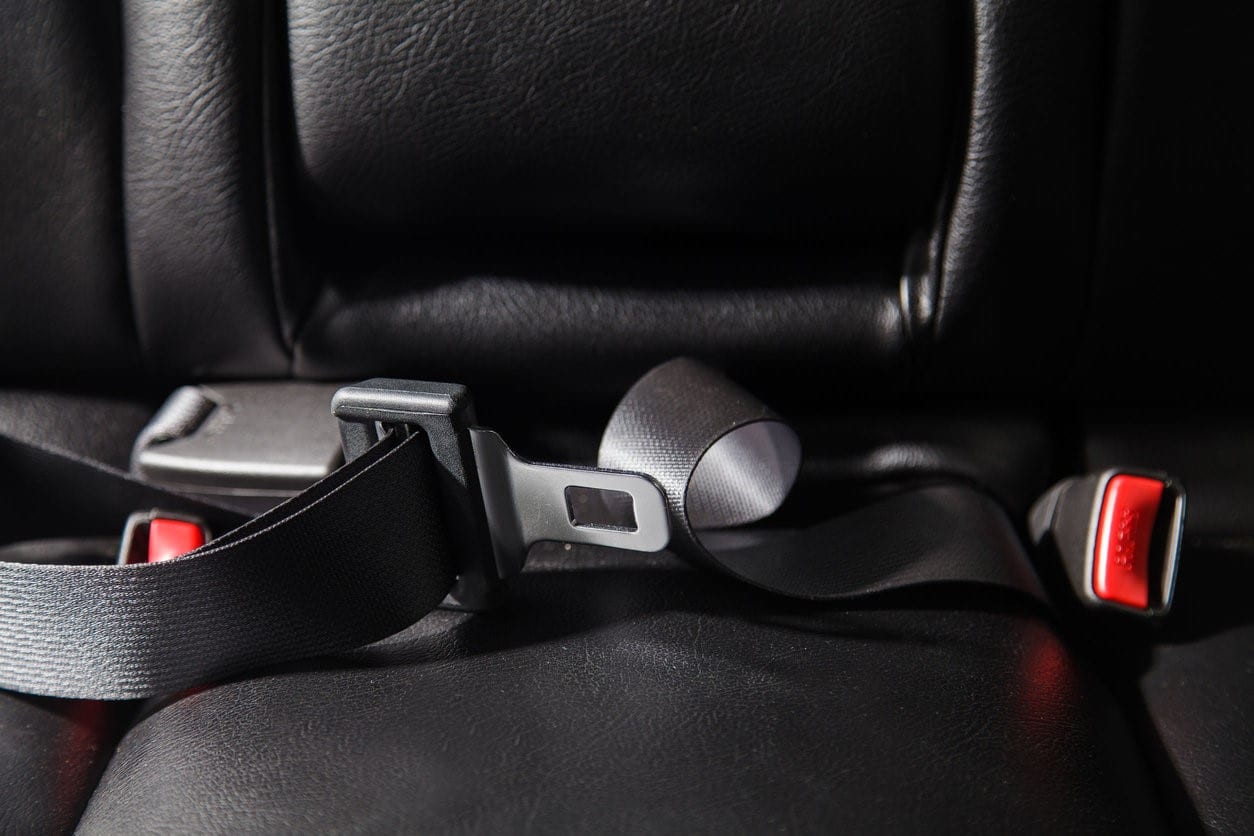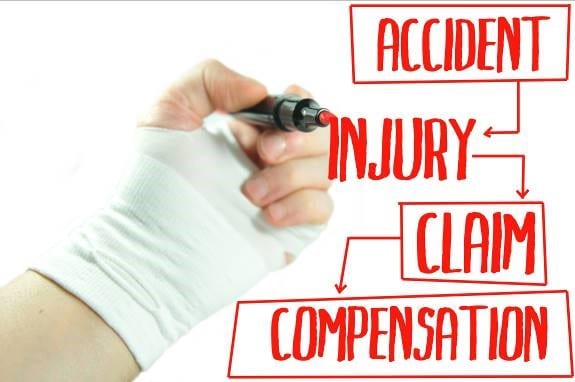A restaurant caused you food poisoning.
A drunk driver hit you and caused damage to your car.
You slipped and fell in a hotel stairwell because there was no light.
These seem like pretty clear incidents of negligence, right? So you file a claim to receive just compensation. Because the lawsuit seems like an easy win, you don’t not worry about it until the date of your trial.
In most place, this might not be such a big deal. But if you live in Alabama, Maryland, Virginia, the District of Columbia, or right here in North Carolina, it’s really bad idea.
Why? Because these places all have contributory negligence laws. Contributory negligence is something that cause a seemingly cut-and-dry case to be thrown out because it basically says if you are found to be at any fault for your accident or injury, you cannot receive compensation.
The contributory negligence laws of our state make crafting your defense a longer and more detailed process.
Negligence vs. Contributory Negligence
If a person or a business makes a mistake or fails to fulfill a duty that causes you harm or injury, they can be considered negligent.
You are able to file a negligence claim if you have suffered damage due to someone’s mistake or failure. To win a negligence case, you must prove the following:
- The defendant had a duty to uphold to you
- The defendant did not fulfill/breached that duty due to their actions or failure
- Your injury was caused by the defendant’s actions (or inactions)
- You were harmed or suffered damages due to the defendant’s actions (or inactions)
Let’s take one of the examples above: you ate at a restaurant and suffered from food poisoning. Your illness left you hospitalized and unable to work. You can file a claim against the restaurant you dined at.
If it was found that the cook at the restaurant did not properly heat your food, or restaurant staff did not take other safety precautions, the staff’s actions (or inactions) can be considered negligent. Most likely, the will be required to compensate you for causing you harm.
Contributory negligence makes this more complicated.
Take the fictional case of Brian and Mary. They’re both drivers in a car accident. Mary was speeding, and when she hit his car, Brian got hurt, so he decides to file a negligence claim against her. But in court, it is revealed that Brian was not wearing a seatbelt. Because of this, Brian is found to be partially at fault for his injuries. Under the law of contributory negligence, this means that he will receive absolutely no compensation.
Seems harsh? It is. There is no minimum fault requirement in contributory negligence states. Even if your blame is calculated to be at 1%, your claim can be shut down.
What Constitutes Contributory Negligence?
Any sort of distractions in your car, misreading of instructions, or minor slip-ups on your part can be ruled as contributory negligence.
Before you file a claim, think about your actions leading up to your accident or injury. What could be ruled as negligence? Did you have a glass of wine before getting in your car? Were there warning signs posted around the building in which you were injured? Did your job require proper protection equipment, and were you wearing it?
Here’s one more example. Julie is riding her bike in a bike lane in the evening. She’s hit by a car, so she files a claim with her insurance company for damages. But because she was wearing dark clothing and did not have her bike lights on, she is found to be at some degree of fault for her accident. Consequently, her case is thrown out.
Contributory negligence can easily have a particularly negative effect on cyclists involved in accidents because bike laws are not always communicated or known throughout the state.
Many lawyers and organizations in the five states that still uphold contributory negligence are fighting against the rule. Politicians in the District of Columbia are introducing bills to allow cyclists who are considered to be “contributory negligent” to still receive compensation for damages.
At Schlosser & Pritchett, we believe the law to be outdated and unduly harsh towards accident victims as well. But since it is currently in place, the only thing to do is prepare for the other side to try to use it against you. That’s why we always make sure we ask our clients to go over every single detail of the incident that they can remember and engage in whatever supplementary research and investigating we can. Our experienced personal injury lawyers understand exactly what it takes to prove the negligence of the other side while calling into question any assertions they make about our clients’ responsibility.
About the Author:
Attorney Mike Schlosser represents victims of personal injury, those charged with a crime, as well as those facing traffic charges. A former Guilford County, North Carolina District Attorney, Schlosser has been in private practice at the Law Firm of Schlosser & Pritchett since 1983 and has been a member of the North Carolina State Bar since 1973.










